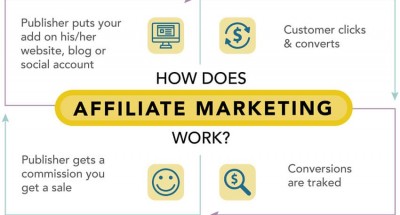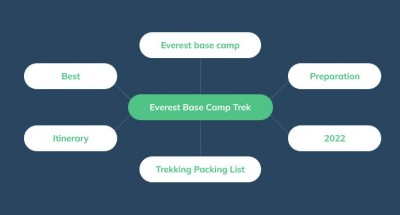What Are SEO Stop Words?
As you choose which keywords to target, it is important to understand what SEO Stop Words are and why you should avoid using them in certain places on your website. It is important to know what they are and when it is appropriate to use them since SEO Stop words dilute the weight of your more important keywords when indexed by search engines.
List of SEO Stop Words
The following is a list of frequently used SEO Stop words:
- articles (such as “the”, “an” and “a”)
- auxiliary verbs (such as “am”, “is”, and “can”)
- conjunctions (such as “and”, “or”, “but” and “while”)
- particles (such as “if”, “then”, and “thus”)
- prepositions (such as “of”, “that”, “on”, “in” and “for”)
- pronouns (such as “he”, “we”, “which” and “her”)
Why Are SEO Stop Words Bad?
SEO Stop words dilute the weight attributed to your other keywords by the search engine algorithm. The search engines ignore SEO Stop words as they are deemed irrelevant and unnecessary.
Where it is OK to Use SEO Stop Words
This does not mean that you can’t use SEO Stop words anywhere on your website. It is perfectly OK to use the SEO Stop words within the textual body content of your website. After all, the body text of your website would not make much sense without important words such as “Me”, “The”, “And”, etc.
Where You Should Not Use SEO Stop Words
You may use SEO Stop words in the body text of your website, but you should make a concerted effort to refrain from using them in your:
- Meta titles
- Meta keywords
- Links
- Anchor Text
- Header tags
There might be times where, for aesthetic reasons, you may wish to use SEO Stop words in these areas of your website. However, for the most part, try your best to avoid them. You’ll see real results in your search engine rankings if you keep these tips in mind.



